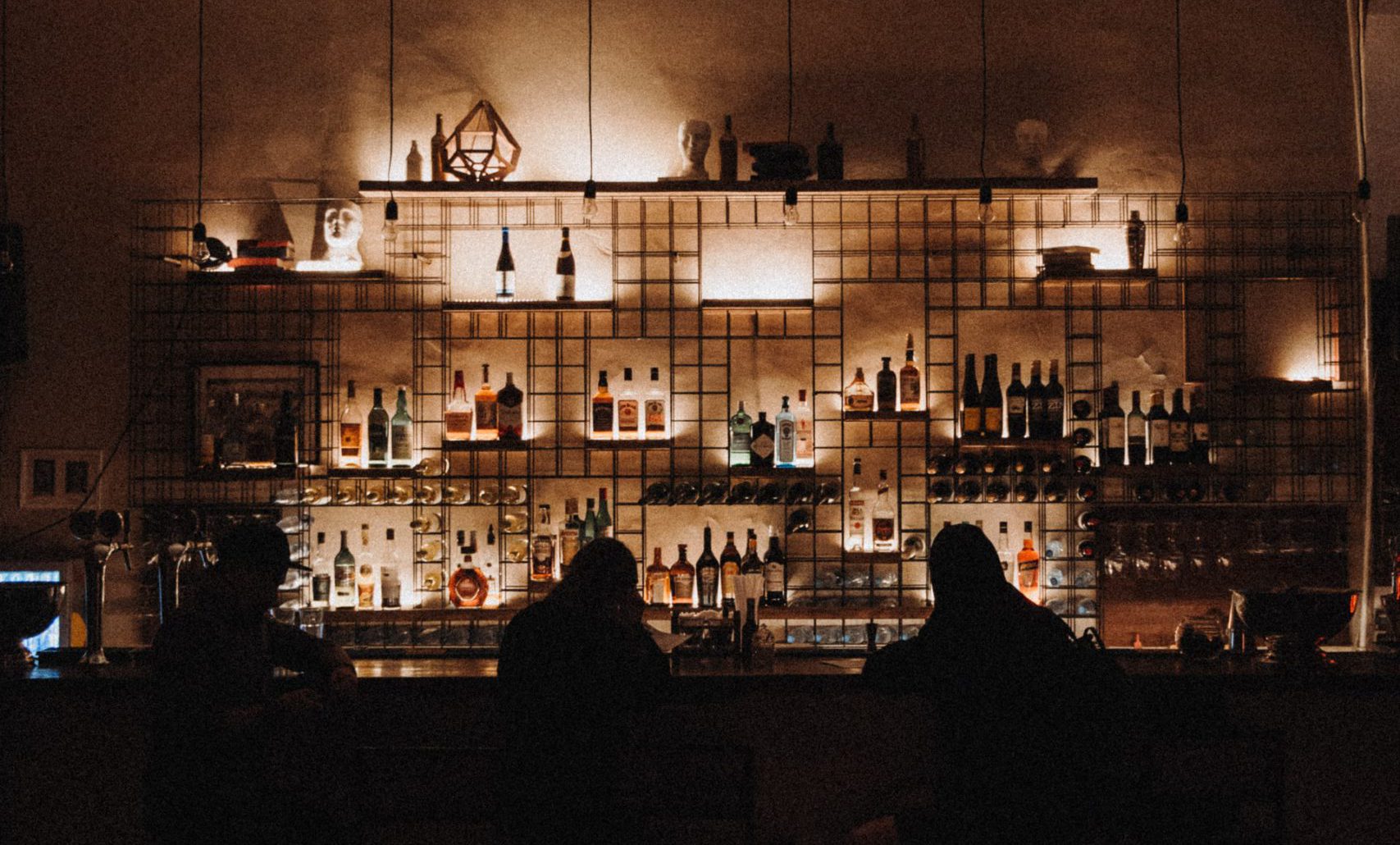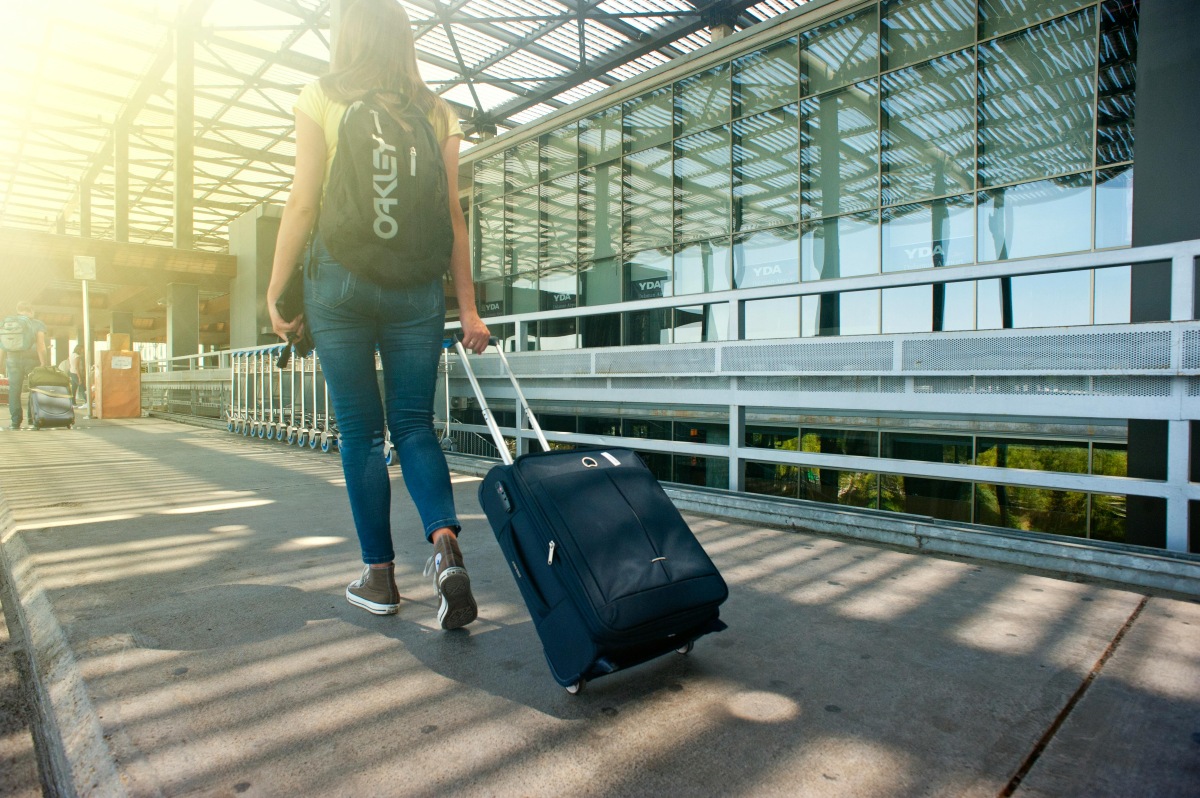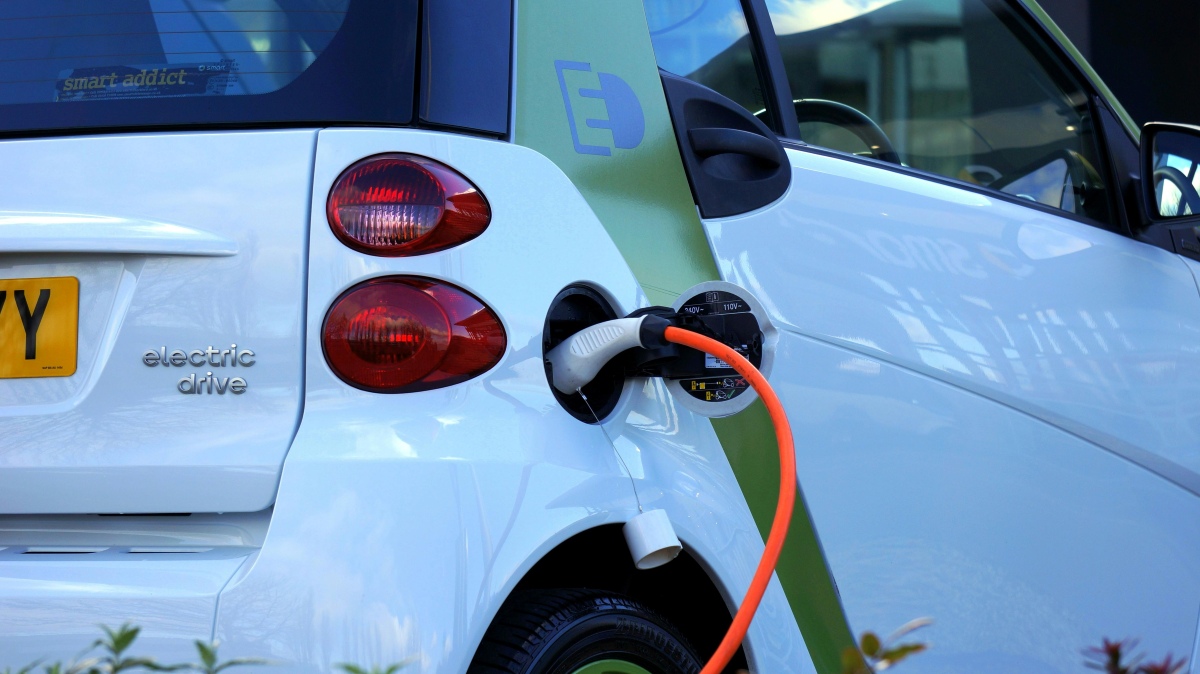It’s been a trying few years for bars across Malta, which have been consistently amongst the worst hit by COVID restrictions, becoming the first to close and among the last to reopen when the virus surges.
For example, when the second wave of the virus hit in late 2020, bars and kazini were forced to close in October, while restaurants and other catering establishments remained open till cases spiked again in March.
Even when they reopened in June, bars were forced to do so under similarly tight restrictions to restaurants, that tightened profit margins – including mandatory table service, midnight closing times, and a requirement for food to be served with alcohol.
Bars had a particularly rough time during the closures of 2020 and 2021, as they are unable to offer their products online or via delivery services in the same way that restaurants can. Since June 2021’s reopening, some of these rules have been lifted, and bars have been permitted to stay open later – returning to at least some semblance of normality.
When cases began to rise again late last year amidst the spread of the Omicron variant, it seemed to spell trouble for bar owners, staff, and enthusiasts. To a certain extent, it did, with the sheer number of locals in quarantine and the number of active cases breaking new records, most bars and restaurants reported wide-spread cancellations for Christmas, New Year’s Eve and New Year’s Day.
Alas, their fears of another ruinous closure did not come to pass, however they have, again, been slapped with a 1am curfew.
While a closure order was not implemented, the country’s health authorities, in an attempt to limit the spread of the virus and motivate residents to take a third, booster dose of a COVID vaccine, this week introduced a requirement for valid vaccine certificates to be presented for entry to hospitality establishments.
The new rules mean that there is a three-month expiration date from the second dose of the vaccine, or single dose Johnson & Johnson, while the booster dose provides for an individual’s certificate to be valid for nine months.
Click here for further detail about what constitutes a valid vaccine certificates, and the few exceptions that apply.
The rule threatened to leave thousands of people unable to visit any hospitality establishments from Monday – a dramatic figure which could have spelt doom for the country’s nightlife.
The situation on the ground does indeed seem desolate.
In Valletta, BusinessNow.mt visited a number of establishments in the evening to assess how the new rules were being implemented and ask for the sentiment of the staff.
It found that – characteristically for January, which was described across the board as a bad month for the city’s nightlife – the streets were quiet and a significant number of bars closed their doors early.
By 11pm, most bars on the usually energetic Gut were closed.
A member of staff at one venue in the area, with barely a handful of customers suggested that the situation was to be expected for a cold Monday at the start of January, minimising the impact of the new rules.
He explained that the venue had not needed to turn away any customers, and that all visitors had been content to present their valid vaccine certificates when asked.
Asked for his understanding of the new rules, especially the requirement for the booster jab, the staff member answered that essentially anyone who had received their first doses (or dose in the case of Johnson and Johnson) over three months ago would need to have received a booster for their certificate to be valid.
Elsewhere, there was less clarity on the rules.
At one hotel bar, staff members had returned to requiring customers to order food with any alcoholic beverages, pointing out that in the latest update of the Mandatory Standards and Guidances for the mitigation of COVID, published on 13th January, this was still required.
Staff stated that he had had some trouble persuading customers of this rule, but that ultimately they had acquiesced.
Regarding the vaccine rule, the venue was scanning certificates using the Government’s COVPass Malta app (currently only available on Android devices) upon entry, although it erroneously approved Malta-issued certificates without a booster.
The bar, which by 10pm only had two customers, had no trouble persuading customers of this rule, the employee said, while indicating that it had not had any inspections to confirm its compliance.
Indeed, a lack of enforcement was reported all round – lending weight to previously reported expectations for an unofficial grace period for the rule.
In one instance, a police officer was seen entering an establishment, but only to request its music be switched off.
At this venue, routinely one of Valletta’s busiest, staff reflected that the night had indeed been characteristically busy and that they had no trouble requesting vaccine certificates from customers, and that the process to check people’s certificates had been straight forward – with staff going around tables scanning certificates with the app.
Alongside the pressure of the new rules though, local establishments are also facing the familiar strain of COVID on staffing levels.
The employees of one location explained that due to staff shortages related to a COVID outbreak, as well as a general lack of customers, they closed their doors at 8pm.
Young adults lead Malta’s tourist arrivals in May 2025
Visitors aged 25 to 44 made up the largest group of inbound tourists
Demand for electric vehicles holds strong despite €3,000 cut to government grant
Hybrid models also continue to attract buyers, despite the end of the grant
Accessible student loans scheme extended
The FSMA + scheme allows students to cover tuition fees, accommodation expenses while pursuing further education in Malta and abroad






